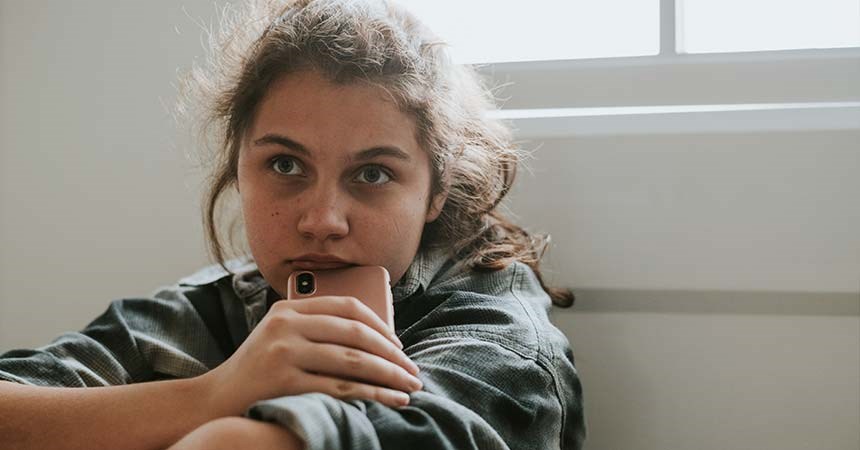These are just a few of the comments children made in my office about bullying IN JUST ONE WEEK!
Long-Term Effects Can Last into Adulthood
The long-term effects of being bullied or of being a bully are very real, and they can be quite severe.
Depression and Anxiety
Kids who experience bullying are more likely to develop depression and anxiety disorders that can last into adulthood. They often have more physical illnesses, lower self-esteem, poor school performance, and disrupted sleep.
Poor School Performance
Similarly, children who engage in bullying behavior experience poor school performance, increased truancy, strained interpersonal relationships, and are at an increased risk for substance abuse at a younger age.
PTSD & Substance Abuse
Being involved in bullying—as the bullied or the bully—can also lead to post-traumatic stress disorder, substance abuse disorders that go into adulthood, and difficulty establishing and maintaining healthy, positive relationships.
It’s easy to look at situations where children are bullied and lack empathy for the bully, but children engaging in bullying behavior are often suffering in some way themselves. In order to reduce bullying, it is imperative for us to have compassion for all parties involved.
Bystander Bullying
One aspect of bullying that often gets forgotten is bystander bullying. This is when bystanders watch the bullying happen but do nothing to stop it. This makes the bullying even more detrimental as the person feels like no one wants to help them, that everyone agrees with what the bully is doing, or that people just don’t care about them. There are several reasons it may be difficult to intervene in a bullying situation, but the positive impact of one person standing up for someone being bullied is immeasurable and will often inspire others to stand up to bullying, too.
If it is unsafe in the moment to stop the bullying, reaching out to the bullied person privately or going to a school official or parent are ways to stand up to bullies without putting yourself at risk.
Notice the Signs
Statistics from the 2018 Indicators of School Crime and Safety show that only 20% of school bullying incidents are reported, so it's up to us to watch for signs of bullying.
If you notice any of these signs in a loved one or friend, they may be experiencing bullying:
- Unexplainable injuries
- Lost or destroyed property
- Frequent physical complaints
- Changes in eating or sleeping habits
- Declining grades
- Change or disappearance of friend groups
- Self-destructive behavior
- Running away
- Avoidance of situations they used to enjoy
Start the Conversation
Start a conversation with your child or loved one in a way that doesn’t make them feel defensive. An easy way to open the conversation would be to state the behavior change you notice, and then ask, “What’s up with that?”
For example, you could say,
“Hey, I see you aren’t hanging out with Tom anymore, what’s up with that?”
Learn more ways to talk to your child about bullying here.
Kids fail to report bullying for many reasons—maintaining open and honest communication between you and your child will make them more likely to report bullying.
If you or someone you know is involved in bullying, please reach out for help. If you see someone being bullied, say something. You could change a life!
For more information about the impact of bullying and what parents can do to help, listen to our podcast episode.


